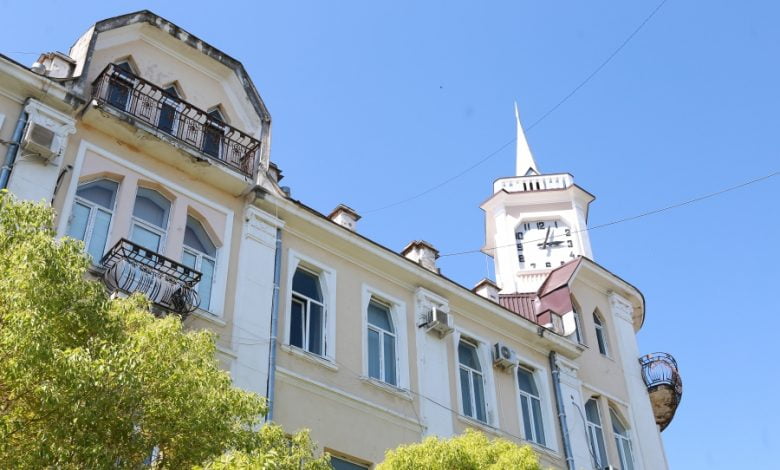
Abkhazia Receives Electricity from Russia
Abkhazia has received electricity from Russia in two flows to cover the deficit for the winter period, reported Chernomorenergo, the company managing electricity distribution in the region.
Russia supplied the electricity as an assistance to Abkhazia on December 18 and December 21, the company stated. It did not however disclose the exact amount of electricity received.
According to the same report, Abkhazia has now canceled the rolling outages schedule, except for restrictions associated with overload in electrical networks.
Chernomorenergo said that the region will entirely be powered by Russian electricity, except the Shesheleti 1 and the Shesheleti 2 overhead lines, which remain powered by the Enguri and Vardnili HPPs.
Kremlin-backed Abkhaz leader Aslan Bzhania announced on December 15 that Sokhumi requested Moscow’s help in covering the electricity deficit as Enguri Hydropower Plant was expected to reach critically low levels, which would cause the severe electricity shortage in the occupied region.
Last year, Abkhazia resorted to receiving 1 billion kWh energy for free from Moscow, as the Enguri HPP had to go offline for about three months for reconstruction works.
The Russian-occupied region, which usually fully relies on electricity generated by the Enguri HPP, has been experiencing an energy crisis amid continuously increasing demands over the past years, including due to cryptocurrency mining.
As per long-standing, informal deal between Tbilisi and Sokhumi, 40% of the electricity generated by the Enguri HPP goes to Abkhazia and the remaining 60% to the rest of Georgia, as the 271.5-meter-tall concrete HPP arch dam is located on the Georgian-controlled territory, while its five generators are on the Abkhaz side in Gali district.
Earlier in November, Levan Mebonia, chairman of Enguri HPP board told Abkhaz media that already by that time Abkhazia had consumed 1.4 billion kWh from the powerplant, almost reaching the 40% target, despite the three-month-long closure of the HPP in early 2021.
Also Read:
This post is also available in: ქართული Русский